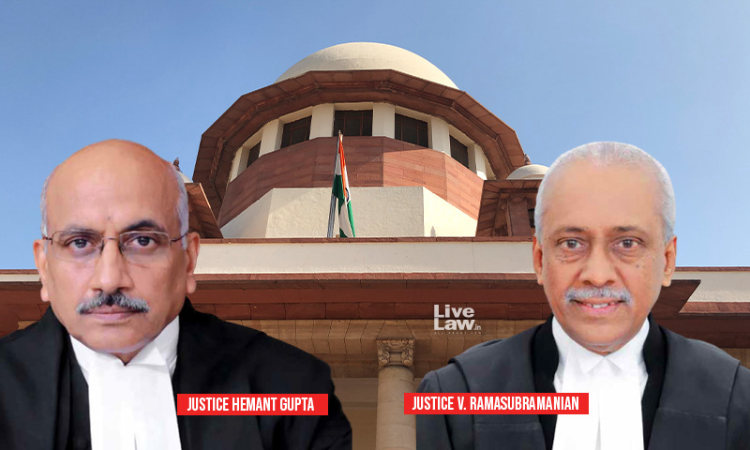74th Constitutional Amendment Does Not Take Away States' Power To Legislate In The Matter Of 'Local Bodies': Supreme Court
Ashok KM
10 March 2022 5:58 PM IST

Next Story
10 March 2022 5:58 PM IST
The Supreme Court observed that the Constitution (Seventy-Fourth Amendment) Act, 1992, does not take away legislative competence of the State Legislatures to legislate on the subject of local Government.It is the State Legislature alone which is competent to legislate in respect of the municipalities with only one limitation that the provisions of the State Act cannot be inconsistent with...
